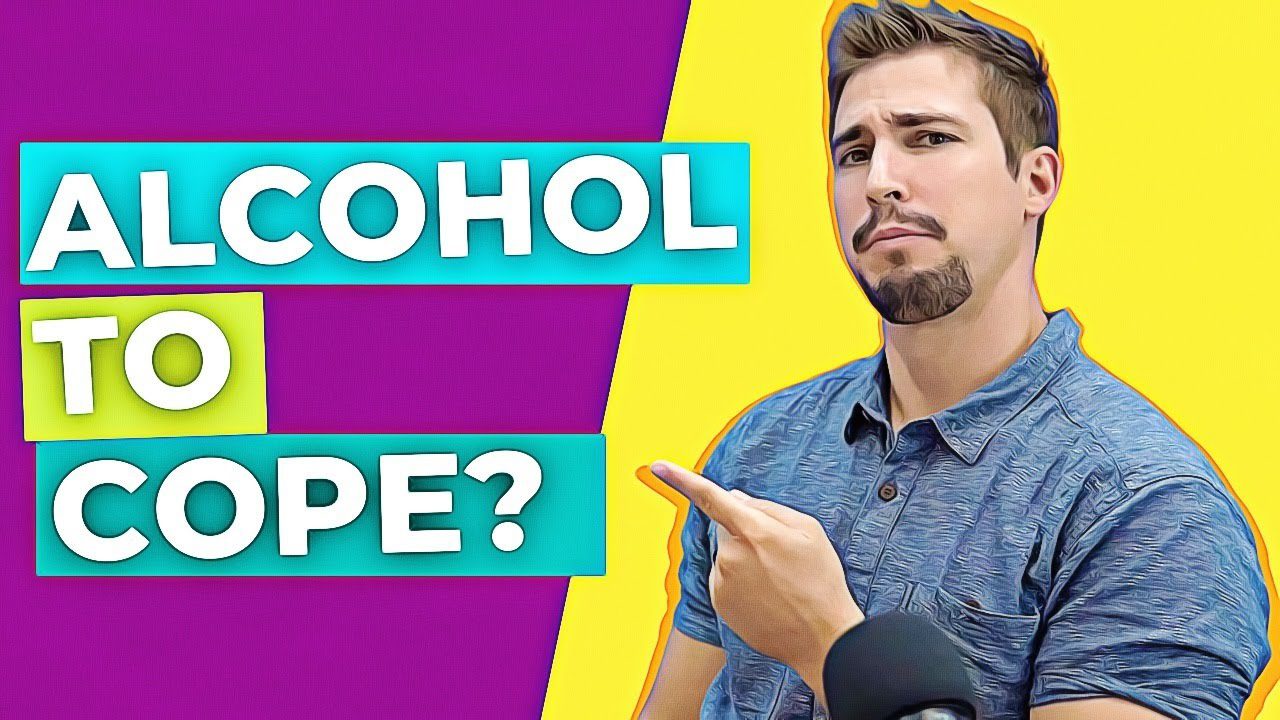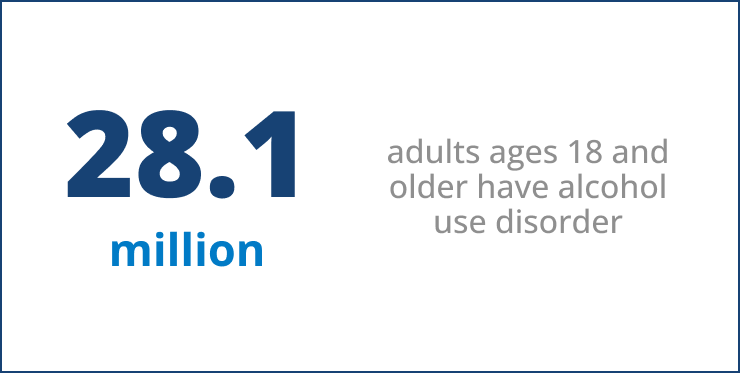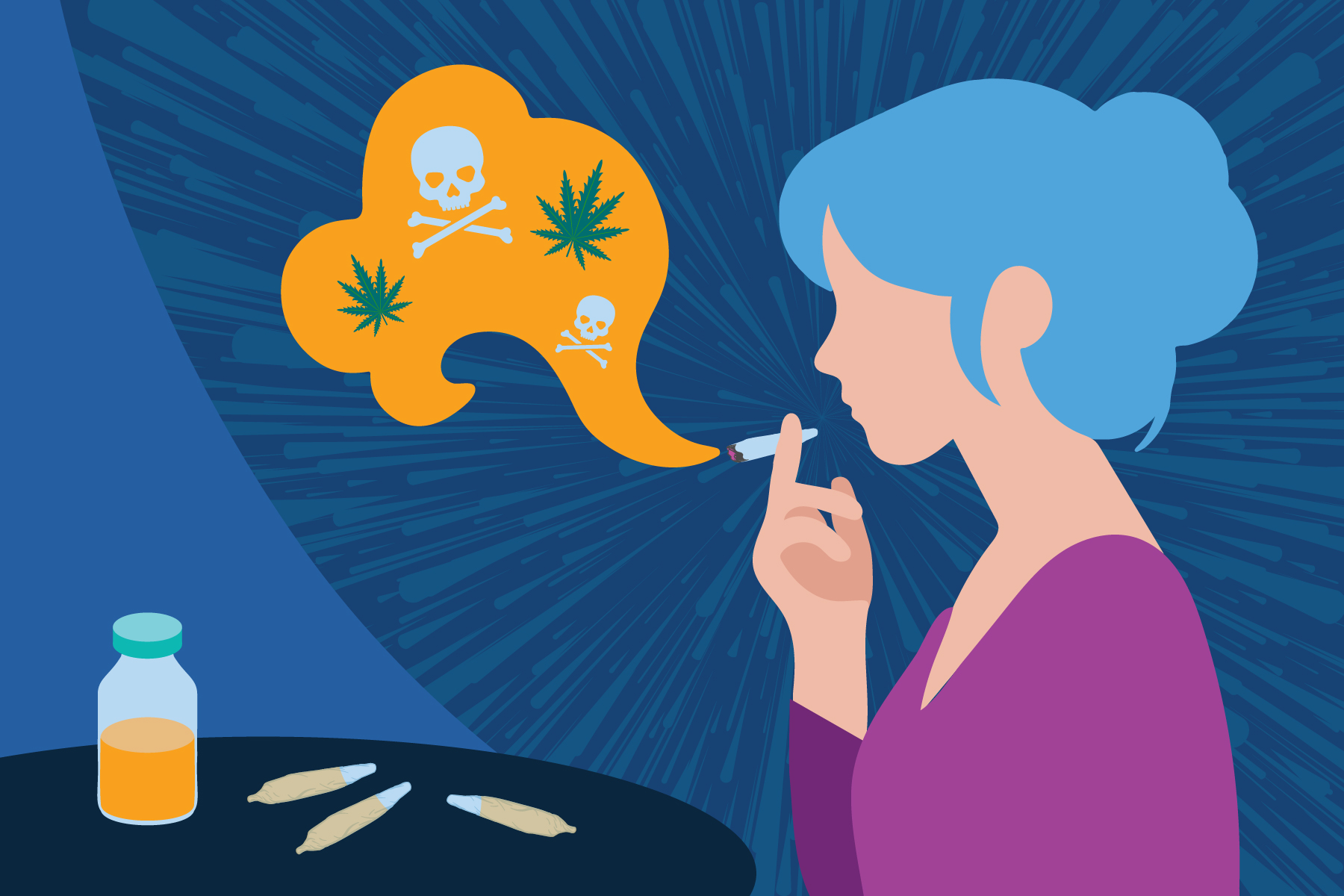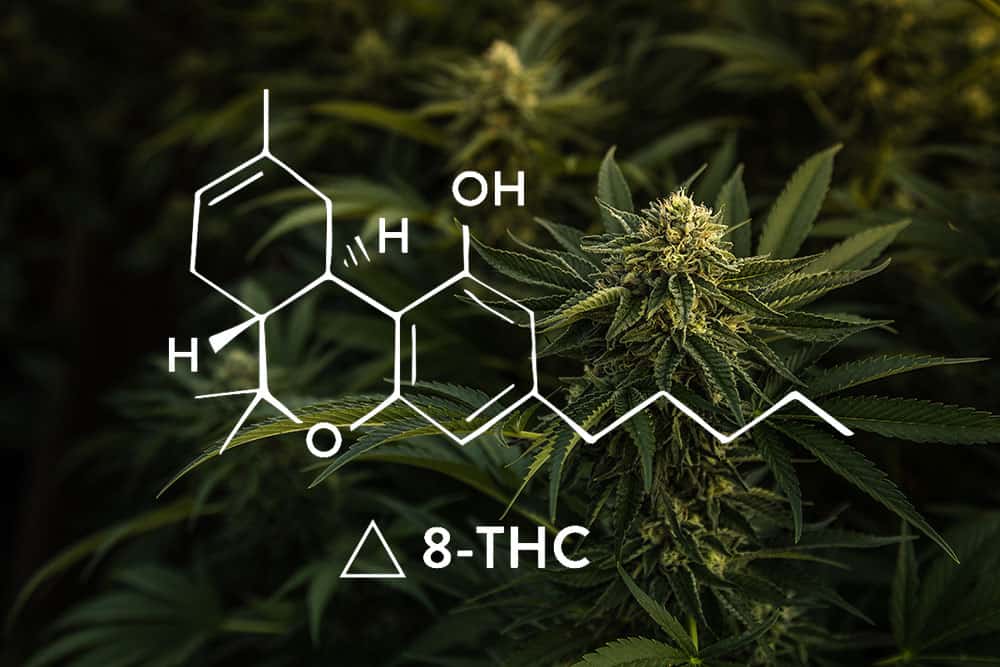Alcoholism in Young Adults
The young adult years are a great time to be alive. But unfortunately, young adulthood is also a time when many people develop problems with alcohol.
Maybe you’ve recently thought to yourself that you’re drinking too much, or maybe others have expressed their concern. Maybe alcohol has started to affect your job, your education, or your relationships. Maybe it’s gotten you into legal trouble.
If an alcohol habit is affecting your life, you need to know that there’s hope. With treatment, you can take your life back and live the healthy, successful life you were meant to live.
Comprehensive Levels of Care
No matter where you are in your recovery journey, our levels of care are personalized to your unique needs.
Young adults who are struggling daily with an alcohol problem are hardly alone. A survey found that the majority of people 18 and older consumed at least some alcohol the month prior. Studies have also found that binge drinking and heavy alcohol use are particularly problematic for young adults.
- Binge drinking involves drinking four to five alcoholic drinks within two hours. A recent National Survey on Drug Use and Health (NSDUH) found that around 28.7% of 18- to 25-year-olds had been binge drinking in the month prior.
- Heavy alcohol use involves drinking 15 or more drinks a week for men and eight or more drinks for women. The same survey found that 6.9% of 18- to 25-year-olds had engaged in heavy alcohol use in the past month.
Alcohol’s Effect on Social Life
To say drinking is a social norm for young adults is an understatement. Despite its risks, drinking alcohol continues to play a central role in young adult social life. Even binge drinking—a highly dangerous behavior—is often seen as acceptable. Factors that contribute to this include:
- A transitional life period with fewer responsibilities than adulthood
- A rite of passage (think college keg stands and 21st birthday parties)
- Social identity that makes it hard for them to find other ways to have fun
- Peer pressure, resulting in higher rates of drinking and alcohol-related risks
According to the National Institute on Alcohol Abuse and Alcoholism, “the belief that ‘everyone’ is drinking and drinking is acceptable—is one of the strongest correlates of drinking among young adults.”
Self-Care: How Do I Stop Drinking Alcohol?
Being social and having fun doesn’t mean you have to drink! If you’re worried about drawing unwanted attention for staying sober at a party, try these techniques for coolly turning down a drink:
Offer to drive
Everyone appreciates a designated driver, and this way, you can make sure your friends get home safely.
Keep a non-alcoholic drink in hand
If you’re drinking soda water, chances are people who have had a few will assume it’s alcohol, but this gives you a reason to turn down another drink.
Stay busy
Dance, DJ, join a game, or hit the snack table. These activities give you plenty of opportunities to strike up conversations and interact with others.
Prepare an excuse
Say you have a family obligation, interview, or other plan tomorrow morning that requires your full mental or physical presence and can’t be done hungover.
At the end of the day, your friends should support your decisions if they make you happy and keep you healthy. Remember: if it gets to be too much, or the atmosphere just isn’t your scene, there’s absolutely nothing wrong with heading home.
Find the Right Facility for Your Needs
Explore our treatment center locations and find an option that works for you.
It’s Just Alcohol—Or Is It? Risks of Abuse
It’s important to get alcohol under control, despite it being so normalized socially. The risks of alcohol abuse for young adults are serious and even fatal. Consider the following sobering facts:
- The National Highway Traffic Safety Administration reports that every day, nearly 30 people die in alcohol-related car accidents—nearly 10,000 lives a year.
- According to the National Institute of Alcohol Abuse and Alcoholism (NIAAA), every year, nearly 90,000 people die as a result of causes related to alcohol. Alcohol is the third leading cause of preventable death.
- The NIAAA estimates that nearly 700,000 college students ages 18-24 are assaulted by another student under the influence of alcohol.

Long-Term Effects of Alcohol Use
Beyond its immediate consequences, the misuse of alcohol can have serious long-term effects on your health.
- Brain damage – Alcohol can damage the brain’s communication passageways, leading to cognitive and emotional problems and a lack of coordination.
- Weakened immune system – Alcohol causes your immune system to become less effective, leading to susceptibility to diseases such as tuberculosis and pneumonia.
- Heart problems – Alcohol abuse can damage the heart, leading to irregular heartbeat, stroke, and high blood pressure.
- Liver damage – Alcohol can cause alcoholic hepatitis, cirrhosis, fibrosis, and other liver problems.
- Pancreatic issues – Alcohol abuse can cause inflammation and other serious issues for the pancreas.
- Cancer – Alcohol abuse increases your risk of getting certain types of cancer, including liver, breast, and mouth cancers.
Alcohol Abuse and Major Depressive Disorder Among Young People
Young people are at higher risk for major depressive disorder (MDD) and other mental health concerns. In fact, most mental illnesses first occur before young adults reach the age of 25. Alcohol abuse worsens symptoms and risks of depression, which can result in a complicated co-occurring disorder.
According to the NIH, “one out of every three alcoholics has experienced episodes of intense depression and/or severe anxiety.” Heavy drinking in early adolescence is also thought to be a major contributor to depression later on in life and is associated with severe depression risks like suicide.
Risk Factors for Alcoholism
People in certain demographics are more susceptible than others to alcoholism. The following factors make a person more likely to succumb to problems with alcohol.
- Genetics: Alcohol misuse is more likely if someone in your family has struggled with it.
- Gender: Men are twice as likely as women to have problems with alcoholism.
- Race: Although alcoholism affects all races, people who identify as Native American, White, and Hispanic seem to be more susceptible than other races.
- College Education: People who go to college are more likely to binge drink, but people who don’t go to college are more likely to drink heavily later in life.
- Military Service: People who serve or have served in the military are more likely to struggle with alcohol misuse.
What Is Considered an Alcoholic?
If you’re wondering whether you have a problem with alcohol or not, consider the following questions. If you answer yes to one or more of them, you may need treatment.
- Do you find yourself needing to drink more to feel the effects of alcohol?
- Do you sometimes hide your drinking from others?
- Has alcohol interfered with your job or schooling?
- Has alcohol ever caused relationship problems?
- Do you experience symptoms of withdrawal (sweating, fatigue, anxiety, etc.) when you haven’t had a drink in a while?
- When you get up in the morning, is drinking one of the first things you think about?
How to Get Help for Problem Drinking
If you’ve tried to cut down on or quit drinking but can’t, it’s important to get the support you need so that you can get sober and live your best life. If you can’t control your alcohol consumption, the first step is to get treatment.
We’re here for you. Sandstone Care provides an accepting, nonjudgmental environment where you’ll be supported in your sobriety and your development will be encouraged in the many aspects of your life. Our staff is on hand seven days a week to explain your options and answer any questions you may have.













